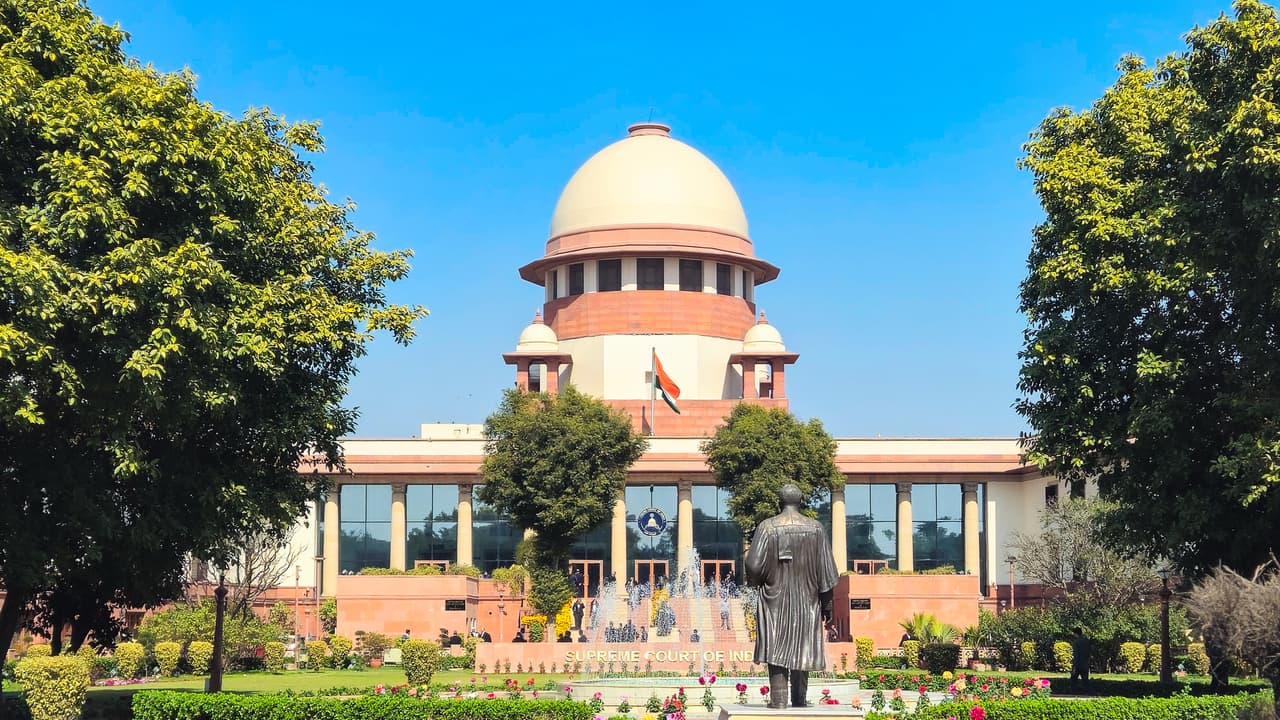The Supreme Court upheld a Karnataka High Court order permitting the return of a mother and her children to Russia, facilitated by the Russian government in the children’s best interests. A man claiming to be the father had challenged the order.
New Delhi (India): The Supreme Court on Monday, October 6, rejected a plea by a man claiming to be the father of two Russian minors whose mother had been found living with them in a cave near Gokarna, Karnataka, earlier this year. The bench of Justices Surya Kant and Joymalya Bagchi was hearing his challenge to a Karnataka High Court order that had allowed the Centre to issue travel documents for their repatriation to Russia. During the hearing, LiveLaw quoted Justice Kant as questioning the petitioner’s standing, asking, “What is your right? Who are you?” When his counsel replied that he was the children’s father, the Bench pressed him to produce evidence of paternity. Justice Kant went further, remarking, “Why should we not direct your deportation?”
Justice Bagchi also criticized the petitioner, observing, “Publicity litigation… What were you doing when your children were living in a cave?” Justice Kant pointedly added, “What were you doing staying in Goa?” Faced with the court’s disapproval, the petitioner withdrew his plea, which the court permitted. Before closing the matter, Justice Kant made a larger observation, saying, “This country has become a haven… anybody comes and stays.”
Karnataka HC Backs Russia Repatriation
Earlier, the Karnataka High Court had upheld the Centre’s decision to facilitate the return of the Russian woman, Nina Kutina, and her two daughters, who had been discovered living in caves on the Ramatirtha Hills after reportedly running out of money and overstaying their visas. The petitioner, Dror Shlomo Goldstein, had approached the High Court to stop what he described as the “sudden deportation” of the children. He invoked the UN Convention on the Rights of the Child, claiming that he had long supported the mother and children and was responsible for the younger daughter.
The State, however, submitted that DNA tests had confirmed the child’s identity, following which the Russian government issued short-term emergency travel documents valid from September 25 to October 9. Authorities stressed that exit permits were required urgently for the family’s return. The High Court concluded that the mother’s request to go back to Russia, combined with Moscow’s readiness to receive them, made repatriation the most suitable course in the children’s best interests. It dismissed the petitioner’s claims, holding that the Union of India could proceed with issuing the necessary travel papers.
